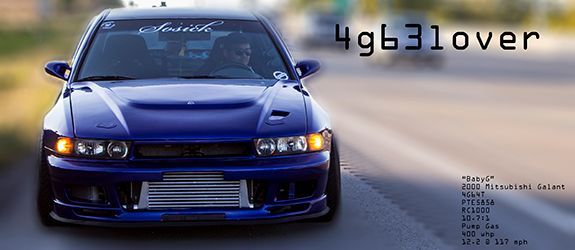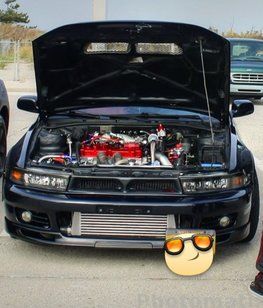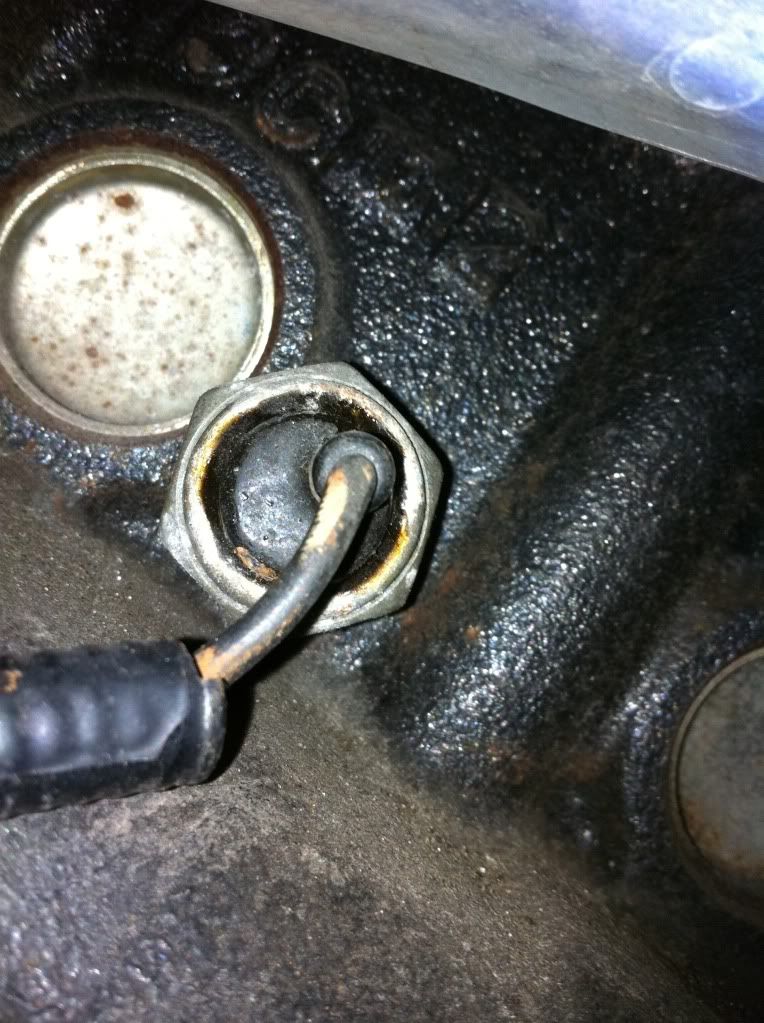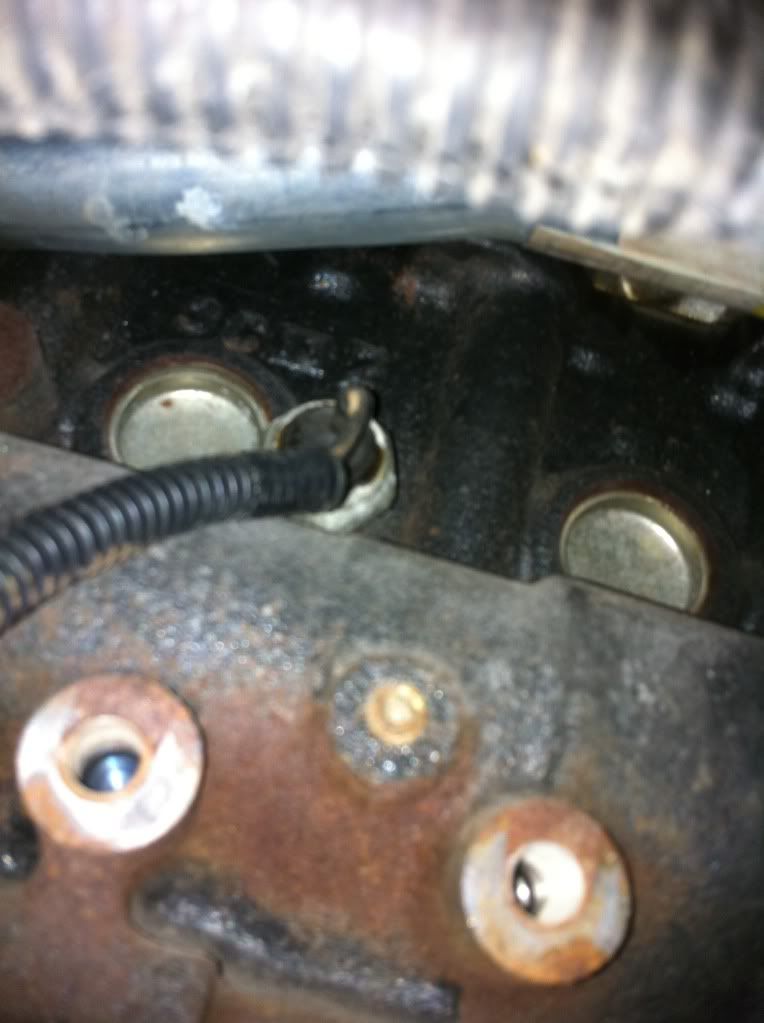
Originally Posted by
wetamup2k3g

Yeah, if you have a stock engine on a non-performance car, and the manual says use 87, and you really can feel the difference (I couldn't), then you have other issues. I don't think our engines alter the ignition timing (I could be wrong, but in my searching i couldn't find where ours does) to the degree at which it could take advantage of the higher octane and the delayed ignition of the fuel because of its resistance to ignition. In fact, because we don't have knock sensors stock, the PCM can't know directly if the engine is knocking. So it doesn't take advantage of higher octane, and you'll waste that extra money running it unless you have other issues.
 Log in
Log in Register
Register




 2000 Mitsubishi Galant ES
2000 Mitsubishi Galant ES

 Reply With Quote
Reply With Quote











 2011 Mitsubishi Lancer Ralliart
2011 Mitsubishi Lancer Ralliart






Bookmarks